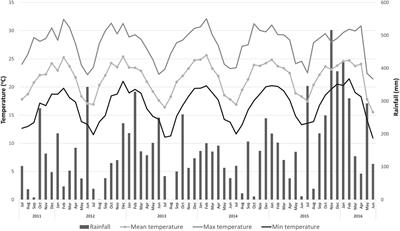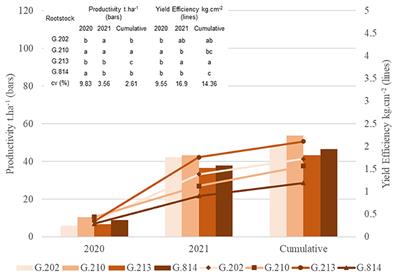ORIGINAL RESEARCH
Published on 24 May 2022
Inheritance of Yield Components and Morphological Traits in Avocado cv. Hass From “Criollo” “Elite Trees” via Half-Sib Seedling Rootstocks

doi 10.3389/fpls.2022.843099
- 3,316 views
- 22 citations
9,205
Total downloads
50k
Total views and downloads
Select the journal/section where you want your idea to be submitted:
ORIGINAL RESEARCH
Published on 24 May 2022

EDITORIAL
Published on 23 Mar 2022
ORIGINAL RESEARCH
Published on 23 Dec 2021

ORIGINAL RESEARCH
Published on 20 Dec 2021

ORIGINAL RESEARCH
Published on 17 Dec 2021

ORIGINAL RESEARCH
Published on 19 Nov 2021

REVIEW
Published on 04 Nov 2021

ORIGINAL RESEARCH
Published on 20 Oct 2021

ORIGINAL RESEARCH
Published on 12 Oct 2021

ORIGINAL RESEARCH
Published on 30 Aug 2021

